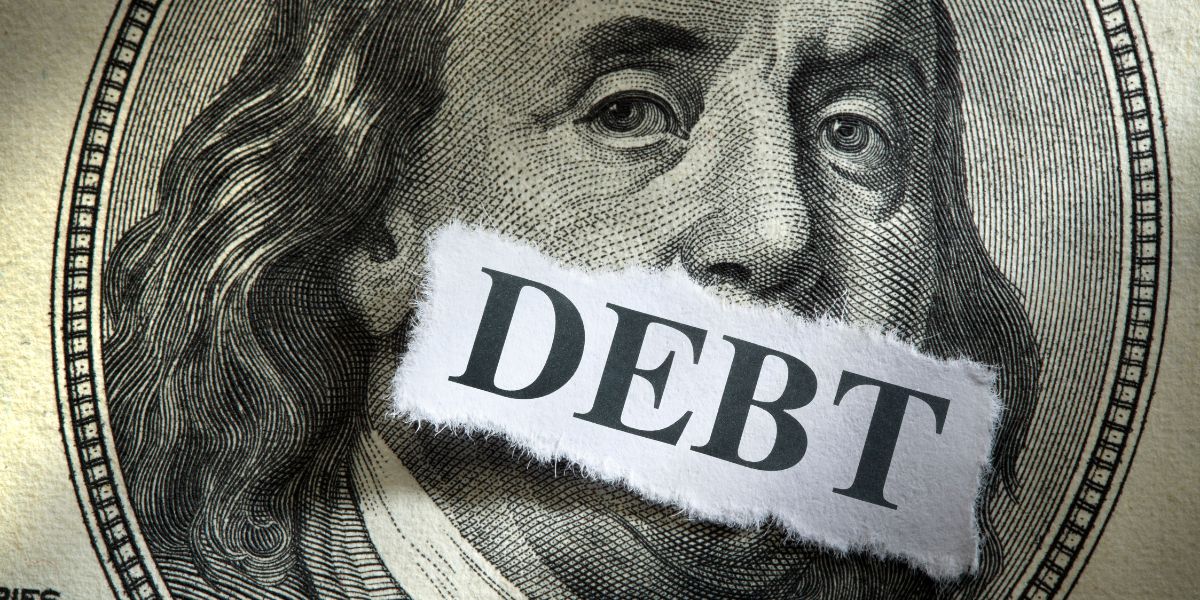
Asset management firm VanEck has projected that the United States could reduce its national debt by 35% within the next 24 years by establishing a reserve of 1 million Bitcoin. This proposal aligns with a bill introduced by Senator Cynthia Lummis, advocating for Bitcoin to play a central role in the country’s financial strategy.
According to VanEck’s report released on December 20, the optimistic scenario assumes Bitcoin’s compounded annual growth rate (CAGR) at 25%, potentially reaching a staggering $42.3 million per Bitcoin by 2049. Simultaneously, the U.S. national debt is expected to grow at a 5% CAGR, climbing from $37 trillion in 2025 to $119.3 trillion.
This strategic reserve could offset approximately $42 trillion in liabilities, VanEck’s digital asset experts, Matthew Sigel and Nathan Frankovitz, stated. For this scenario to materialize, Bitcoin’s price would need to start at $200,000 in 2025—more than double its current value of $95,360.
Proposed Pathways for Bitcoin Reserve
The Lummis bill suggests leveraging the 198,100 Bitcoin already seized by the U.S. government as a starting point. The remaining 801,900 Bitcoin could be acquired through creative financial measures, including reallocating part of the U.S.’s $455 billion gold reserves or using Emergency Support Functions, all without burdening taxpayers or printing more money.
The prospect of Bitcoin’s price rising to $42.3 million would position it as a significant financial asset, representing 18% of the world’s $900 trillion market. This stands in stark contrast to its current 0.22% share.
Geopolitical Implications
Donald Trump’s incoming administration has also fueled the discussion around a Bitcoin reserve, with speculation that an executive order designating Bitcoin as a reserve asset could be issued on his first day in office. Meanwhile, Strike CEO Jack Mallers has echoed this possibility, adding to the ongoing Bitcoin price rally.
VanEck believes global adoption trends could further bolster Bitcoin’s value. The report highlights potential influences from BRICS nations, suggesting that Bitcoin could increasingly serve as a settlement currency for global trade, particularly among countries aiming to bypass U.S. dollar sanctions.
While Senator Lummis’ bill has yet to be reviewed by Congress, it represents a bold vision for integrating Bitcoin into the U.S. economy.










